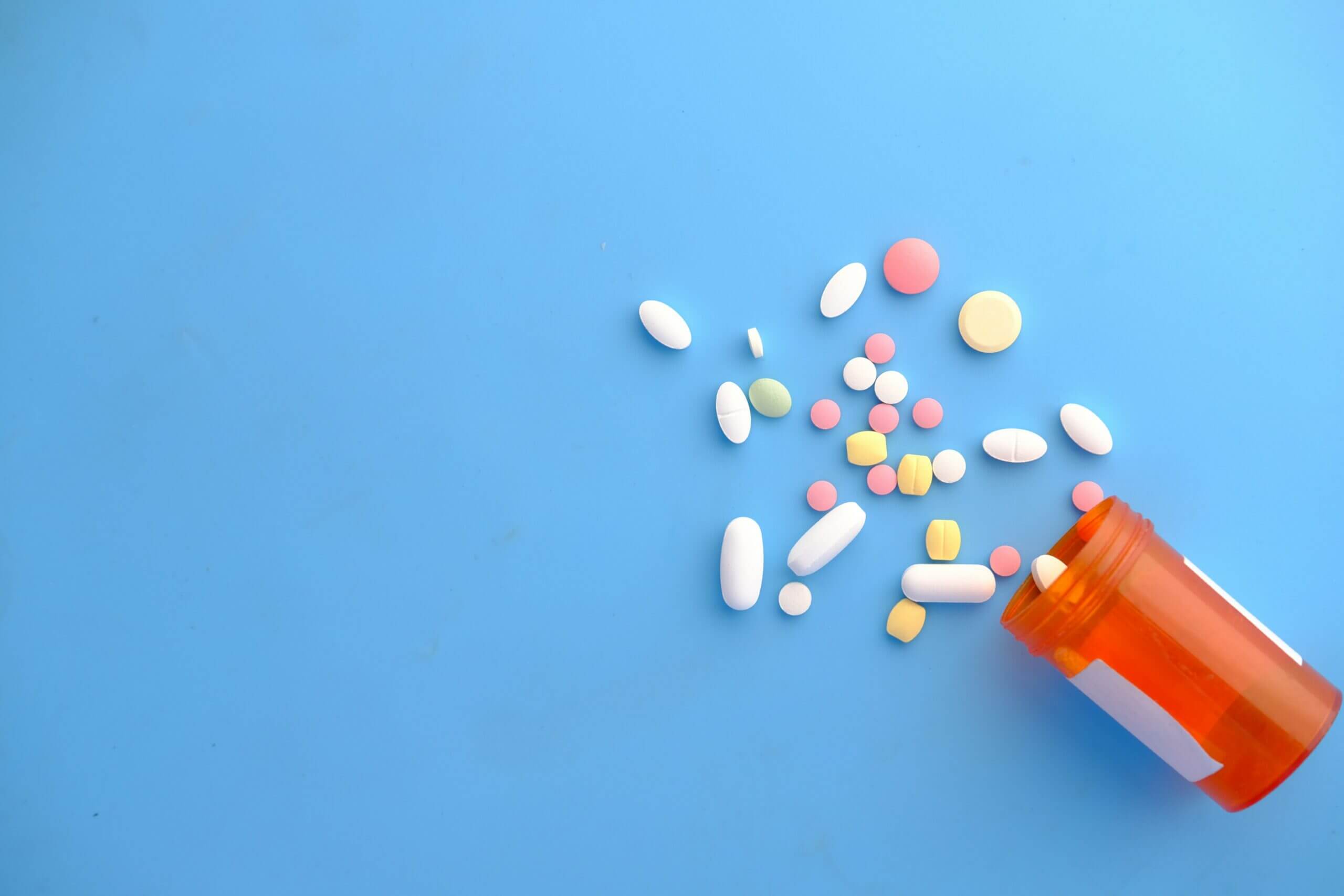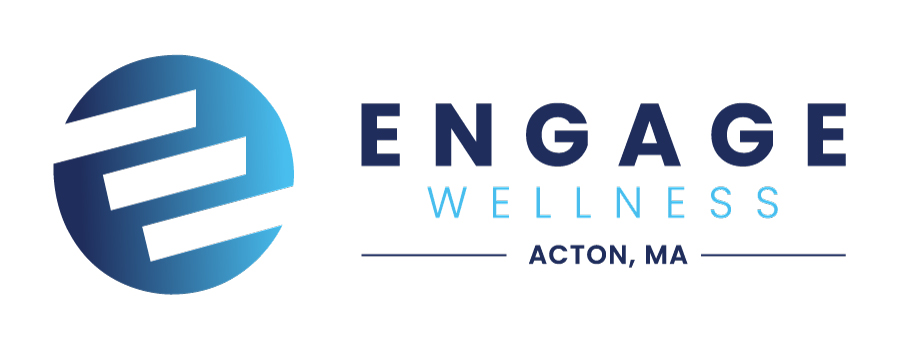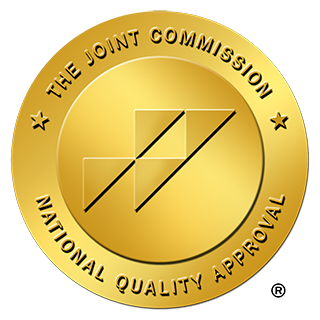Welcome to Engage Wellness Acton’ Medication-Assisted Treatment guide. Here, we’ll provide a detailed overview of our MAT program, including the benefits and core components for individuals needing intensive addiction treatment. From the personalized approach to pharmacological integration and vital skills development, this program aims to treat the whole person – mind, body, and soul.
What Is Medication-Assisted Treatment (MAT)?
People with Substance Use Disorders (SUDs) find it difficult to stop using addictive substances like opioids or alcohol despite the negative consequences. When trying to abstain from use, people with this condition develop cravings and withdrawal symptoms, which are uncomfortable, painful – and, for some – life-threatening. This causes them to relapse, worsening their dependence on the substance.

Medication-Assisted Treatment, also called MAT, provides FDA-approved medications to reduce cravings and withdrawal symptoms in individuals with Substance Use Disorder. Aside from these medications, the MAT program offers evidence-based therapeutic programs like Cognitive Behavioral Therapy (CBT) and 12-step groups to help clients overcome addiction and the triggers that fuel it.
Core Components of Medication-Assisted Treatment
Whole-Person Care: Individuals who struggle with substance use disorders and addiction often have co-occurring mental health conditions and low self-esteem. MAT combines pharmacotherapy and behavioral therapy to address these issues and treat the whole person.
FDA-Approved Pharmacological Medications: MAT programs involve the use of FDA-approved medications to reduce substance dependency. These medications include:
- Buprenorphine
- Methadone
- Naltrexone
- Disulfiram
- Acamprosate
Certain medications like Topiramate are used off-label to reduce cravings and withdrawal symptoms.
Psychosocial Support: MAT programs provide psychosocial support, such as individual and group counseling from medical staff, peer recovery specialists, and licensed therapists.
Individualized Treatment Plans: Psychosocial supports provided to clients in MAT are tailored to meet the unique needs of specific groups, such as pregnant women or individuals with co-occurring mental health conditions.
Multidisciplinary Team: Effective MAT requires an interdisciplinary team to deliver medications, provide therapy, and prevent relapses.
Benefits of Medication-Assisted Treatment (MAT)
Symptom Reduction: The medications provided in MAT programs are FDA-approved to reduce withdrawal symptoms and block the effects of addictive substances like opiates.
Intensive Support: MAT offers intensive support through pharmacological and behavioral treatments, providing immediate relief from intense cravings and withdrawal – both of which can be painful.
Self-Awareness: Some people aren't aware of what causes them to use drugs or alcohol. MAT programs provide one-on-one and group therapy sessions to help them discover the cause and identify what fuels their addiction. This promotes self-awareness and accountability.
Reduced Overdose Risk: Studies show that MAT participants with Opioid Use Disorder (OUD) have a lower risk of overdosing or dying from drug use than participants in drug-free treatment programs.
The Engage Wellness Actons’ MAT program aims to provide symptomatic relief and relapse prevention skills to individuals who are struggling to overcome substance use disorder. Our comprehensive approach to care offers hope to those who want to reclaim their lives and free themselves from drug addiction. If you or someone you love finds it difficult to stop using despite the consequences, we invite you to explore this holistic program and learn more about how it can help.
We can help you live the life you deserve!





